The U.S. atomic bomb attack on the people of Hiroshima at 8:15 a.m. on August 6, 1945, and the second attack on the city of Nagasaki at 11:02 a.m. on August 9 killed and wounded hundreds of thousands of unsuspecting men, women, and children in a horrible blast of fire and radiation, followed by deadly fallout.
| “We are badly off course in efforts to honor the plea of the hibakusha—the survivors of the 1945 atomic bombings—and end the nuclear threat." |
| Kazumi Matsui Mayor of Hiroshima |
The atomic bomb survivors—the hibakusha—have served as the conscience of the global disarmament movement. Their experience has inspired the decades-long struggle to put in place meaningful, verifiable, legally-binding restraints on nuclear weapons, to end nuclear testing, and to advance the steps necessary to achieve the peace and security of a world free of nuclear weapons.
Through the decades, persistent citizen pressure and hard-nosed disarmament and nonproliferation diplomacy have produced agreements and treaties that have successfully curbed the spread of nuclear weapons, slowed the arms race, and reduced the danger of nuclear conflict.
Nuclear weapons have not been used in a conflict since 1945, but there is no guarantee we can preserve the record of non-use for another 75 years. Today, a global nuclear arms race is underway and the risk of nuclear war is growing once again.
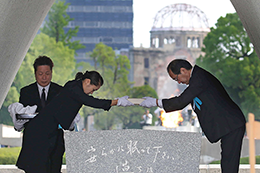 The world’s nine nuclear actors are squandering tens of billions of dollars each year to maintain and upgrade nuclear arsenals. The United States and Russia have discarded or disrespected key agreements that have kept their nuclear competition in check, and other agreements are in jeopardy.
The world’s nine nuclear actors are squandering tens of billions of dollars each year to maintain and upgrade nuclear arsenals. The United States and Russia have discarded or disrespected key agreements that have kept their nuclear competition in check, and other agreements are in jeopardy.
As Mayor Kazumi Matsui of Hiroshima and Mayor Tomihisa Taue of Nagasaki recently warned: “We are badly off course in efforts to honor the plea of the hibakusha—the survivors of the 1945 atomic bombings—and end the nuclear threat."
It is now up to all of us to get the United States and the world back on track and to shape the next 75 years of nuclear history. It won’t be easy.
Please join us as we rededicate ourselves to the cause by making a donation to the Arms Control Association.
Onwards,
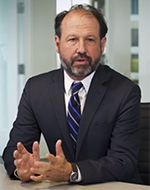 Thank you and stay safe,
Thank you and stay safe,
Daryl G. Kimball,
Executive Director
The Atomic Bombings of Hiroshima and Nagasaki 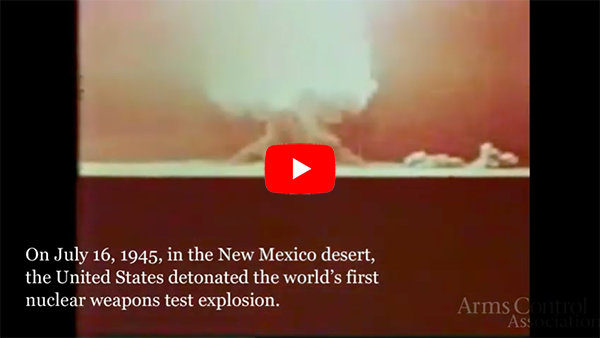
Arms Control Today: The Nuclear Age At 75 Years
To mark the solemn 75th anniversary of the beginning of the nuclear age, the July/August 2020 Arms Control Today includes a special collection of feature articles including:
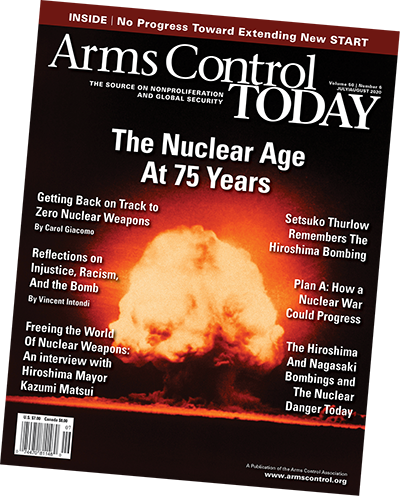
- "Getting Back on Track to Zero Nuclear Weapons" by Carol Giacomo
- Setsuko Thurlow, on her experience in Hiroshima on August 6, 1945
- "Reflections on Injustice Racism and the Bomb” by Vincent Intondi
- an interview with Hiroshima Mayor Kazumi Matsui and
- "Plan A: How a Nuclear War Could Progress” by the team at the Princeton Program on Science and Global Security
We’re providing free online access to this special issue. To support our independent news reporting and top-notch analysis from leading figures in the field (and access a downloadable PDF version of this issue), become a member or subscriber today.
Progress! Congress Pushes Back on Nuclear Testing
Back in May, we helped blow the whistle on White House discussions about resuming nuclear testing for the first time in 28 years.
Since then, we’ve led an urgent education and lobbying effort to block any such move. With the help of key leaders in Congress—including Sen. Edward Markey (D-Mass.), Sen. Cortez Masto (D-Nev.), and Rep, McAdams (D-Utah) and Titus (D-Nev.)—we’ve made good progress.
In July, House appropriators took action to prohibit funding for the purpose of a nuclear test. By a vote of 227-179, the House passed a critical amendment to the National Defense Authorization Act (NDAA) for fiscal year 2021 that would prohibit President Trump from conducting a nuclear test explosion. (Click here to find out how your Representative voted.)
Arms Control Association members and friends responded to our call to action and contacted over 200 House and Senate offices on the issue. Thank you!
Our advocacy work is not done, as the House and Senate conference committees must reconcile differences. Our team will continue to make the case that Congress must take nuclear testing off the table next year, and in the years ahead through additional legislation and by finally ratifying the CTBT. Stay tuned.
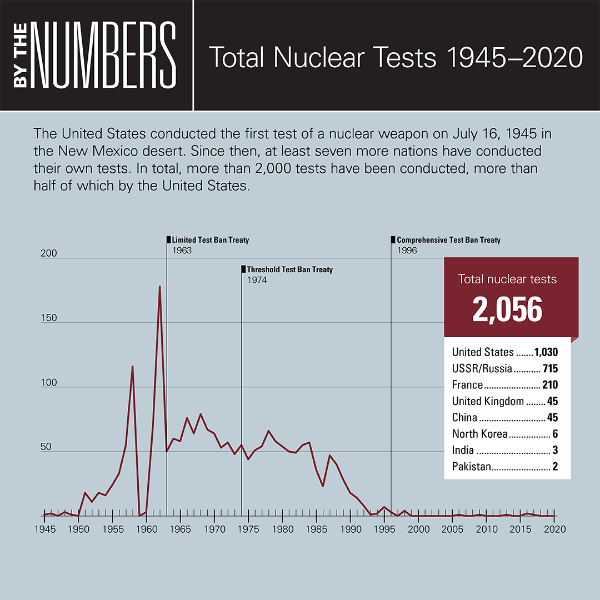
ACA Joins 75th Anniversaries Coalition
 We are proud to be part of a special 75th anniversaries coalition—a large and diverse group of organizations and individuals working together “to honor nuclear survivors as we acknowledge that in the 75th year of the nuclear age, survivors and the weapons are still here.
We are proud to be part of a special 75th anniversaries coalition—a large and diverse group of organizations and individuals working together “to honor nuclear survivors as we acknowledge that in the 75th year of the nuclear age, survivors and the weapons are still here.
The wide-ranging coalition is also focused on pressing policy makers to take key actions necessary to ensure nuclear weapons are never used again and to negotiate in good faith the global elimination of these most devastating weapons of mass destruction.
- The coalition website at http://hiroshimanagasaki75.org includes stories from the survivors, as well as a calendar of local, national, and international commemoration events.
- On August 6th beginning at 11am ET and on August 9th at 2pm ET, the coalition will host a virtual event “Still Here: 75 Years of Shared Nuclear Legacy.”
You can RSVP here: https://www.hiroshimanagasaki75.org/events
ACA Endorses Hiroshima/Nagasaki Accord
Also on August 6th, 8th, and 9th, a coalition of four leading interfaith/intercultural organizations will issue a new appeal for the abolition of all nuclear weapons, which has been endorsed by a number of former government leaders and leading disarmament organizations, including the Arms Control Association.
The appeal will be presented in an hour-long online video presentation with supporting statements from former Soviet Union President Mikhail Gorbachev, former U.S. Secretary of State George Shultz, the Mayors of Hiroshima and Nagasaki, and other prominent voices.
You can register for that event here: https://www.voices-uri.org/registration
Remembering Our Friend Bruce Blair
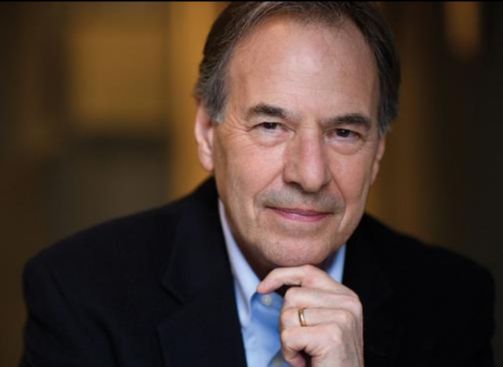 The Arms Control Association and the broader nuclear policy community has lost one its most important leaders.
The Arms Control Association and the broader nuclear policy community has lost one its most important leaders.
Dr. Bruce G. Blair, co-Founder of Global Zero, died unexpectedly on Sunday, July 19, following a stroke. He was just 72.
Blair, who served as an ICBM officer in his early years, devoted much of the rest of his career as a nongovernmental analyst writing and speaking to raise awareness about the unacceptably high risk of accidental nuclear war and the incredibly short decision time U.S. and Russian presidents have to decide whether to use nuclear weapons in response to a credible warning of a nuclear attack. Blair’s approach blended rigorous analysis of the nuclear dilemma with a pragmatic and bold vision for saner nuclear policy solutions, including “Strengthening Checks on Presidential Nuclear Launch Authority.”
“We’re deeply shocked and dispirited by Bruce's death. He was a one-of-a-kind catalyst for nuclear sanity, a leader, a partner, and a friend. He will be missed. Our condolences go out to Bruce’s family, his colleagues at Princeton University, and our good friends at Global Zero,” said the Arms Control Association’s Daryl G. Kimball.
ACA Board Member Dr. Zia Mian and Dr. Frank von Hippel from the Princeton Program on Science and Global Security offered this remembrance on Bruce's life and legacy. We will be sharing more on Bruce in the forthcoming issue of Arms Control Today.
The Arms Control Association In Action
- Kingston Reif, director for disarmament policy, described the “unnecessary excess on top of excess” of the U.S. nuclear arsenal in Roll Call, July 29.
- In an op-ed in Inkstick, Reif and Shannon Bugos, research assistant, urged the Senate Foreign Relations Committee to press Marshall Billingslea on Trump’s “shambolic and dangerous approach to nuclear arms control,” July 20.
- Kelsey Davenport, director for nonproliferation policy, shared how “the Catholic Church can have major influence on efforts to rid the world of nuclear weapons,” with Crux, July 15.
- In a Tehran Times interview, Executive Director Daryl Kimball, suggested that the “Arms embargo is just a pretext for U.S. to build political support to return UN sanctions on Iran,” July 14.
- Board Chair Thomas Countryman spoke with Al Jazeera on the question “Is the 2015 Iran nuclear deal worth saving?” July 5.
- In her latest Arms Control Now blog post, Julia Masterson, research assistant, reported “OPCW Rebukes Syria’s Chemical Weapons Program,” July 14
- Lilly Adams, board member, noted how the “Nuclear Threat Still Looms” in an op-ed for The Progressive, July 13.
- In an interview with Breaking Defense, Reif described how the “Senate, House Set To Rumble Over Who Controls Nuke Budget,” July 8
- Kimball spoke with Newsweek on how the “House Bill Would Block Trump’s Plan to Resume Testing of Nuclear Weapons,” July 7.
- Reif suggested to Radio Free Europe / Radio Liberty that Trump and Billingslea’s approach to New START negotiations was “more consistent with running out the clock ... than trying to extend it,” June 28
- In a Responsible Statecraft op-ed, Davenport described how “New IAEA resolution signals more uncertainty for the Iran nuclear accord’s future,” June 24
- Reif discussed with The Wall Street Journal the “necessary step” of extending New START as a precursor to a broader arms control agreement with Russia and China, June 23.
On Our Calendar
| Aug. 6 | 75th anniversary of the first combat use of the atomic bomb, Hiroshima |
| Aug. 9 | 75th anniversary of the second combat use of the atomic bomb, Nagasaki |
| Aug. 10–14 | Meeting of the Convention on Certain Conventional Weapons group of experts on lethal autonomous weapons systems, Geneva |
| Aug. 17–21 | Sixth Conference of States-Parties to the Arms Trade Treaty |
| Week of Aug. 17 | ACA and Reaching Critical Will host a Webinar on the “Treaty on the Prohibition of Nuclear Weapons and Article VI of the NPT.” Look for details soon. |
| Aug. 25–Sept. 3 | Meeting of Experts of the Biological Weapons Convention |
| Aug. 26 | UN event marking International Day Against Nuclear Tests (virtual) |
| Sept. 17–30 | 75th session of the UN General Assembly, New York |
